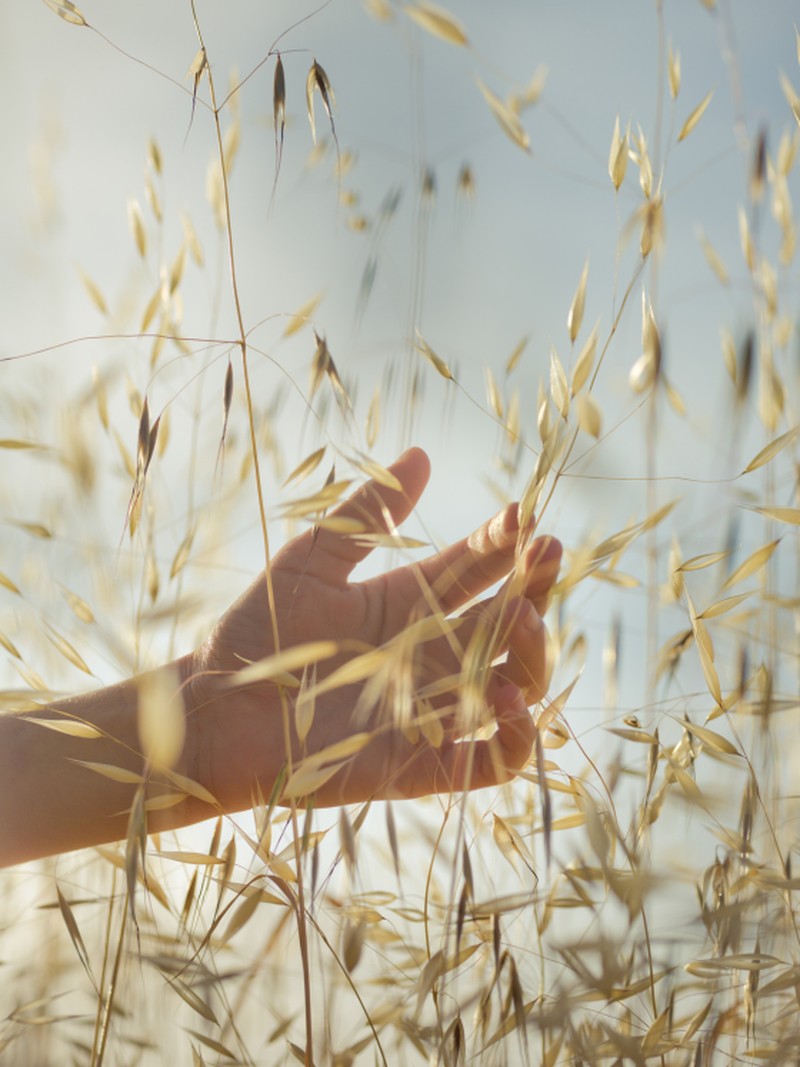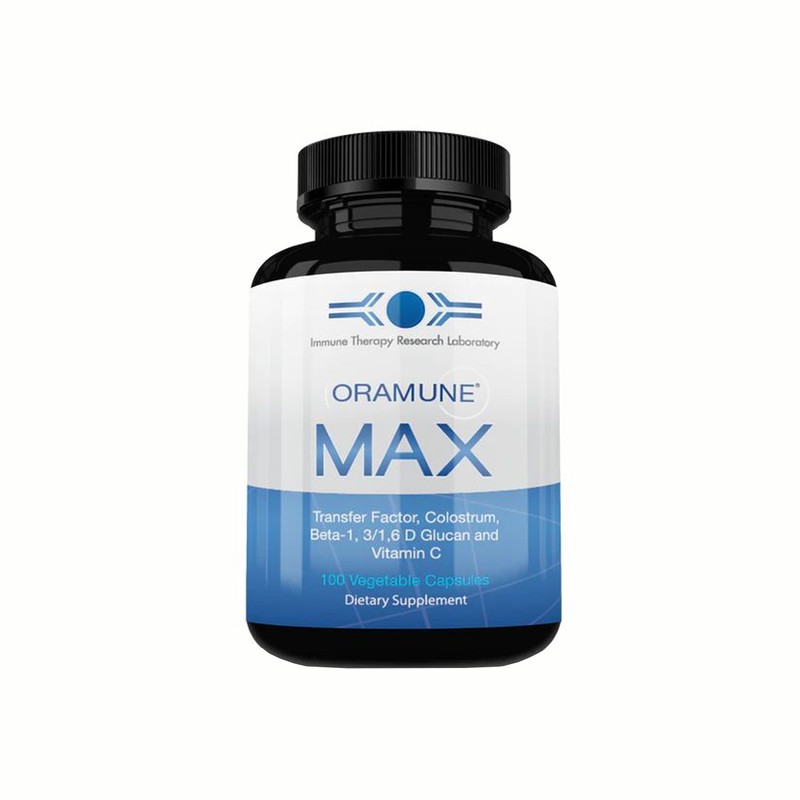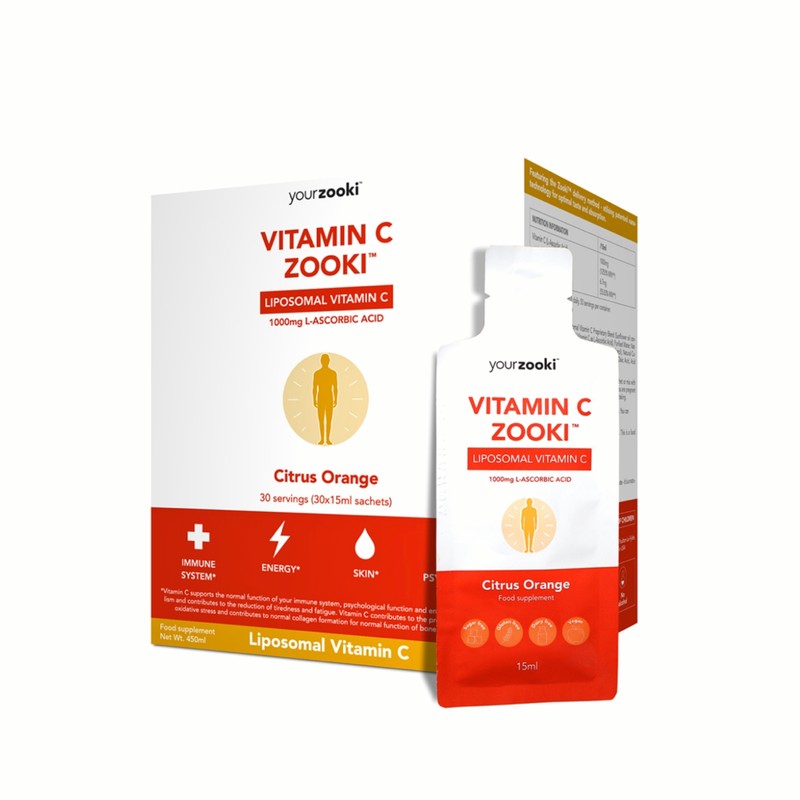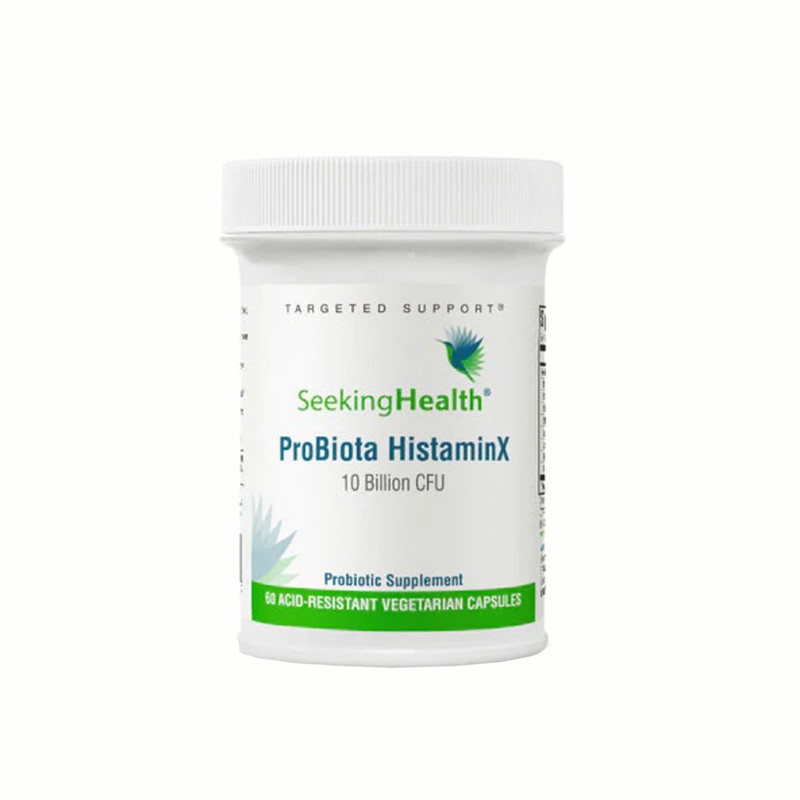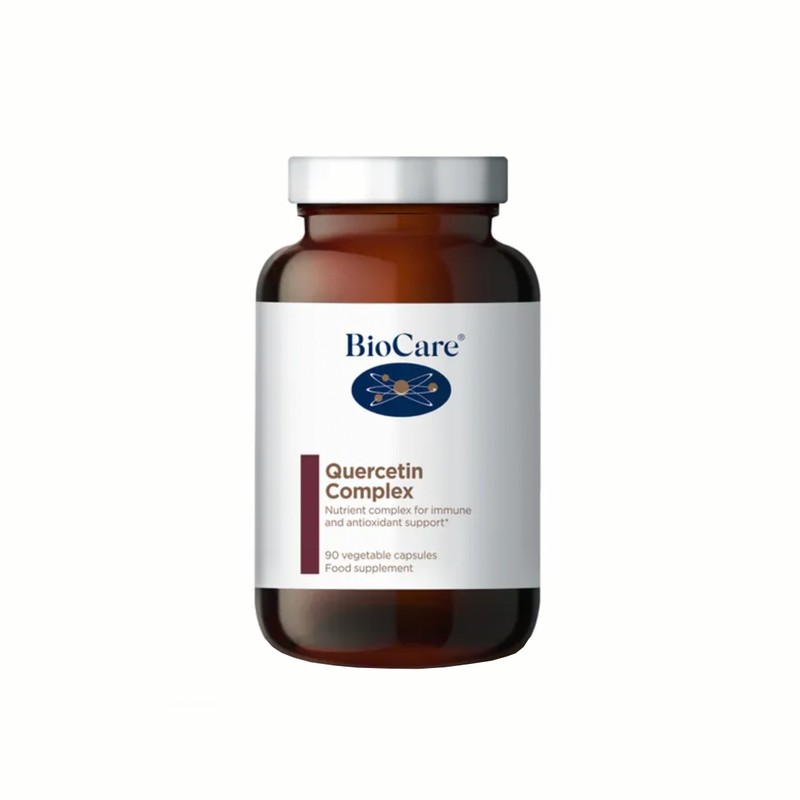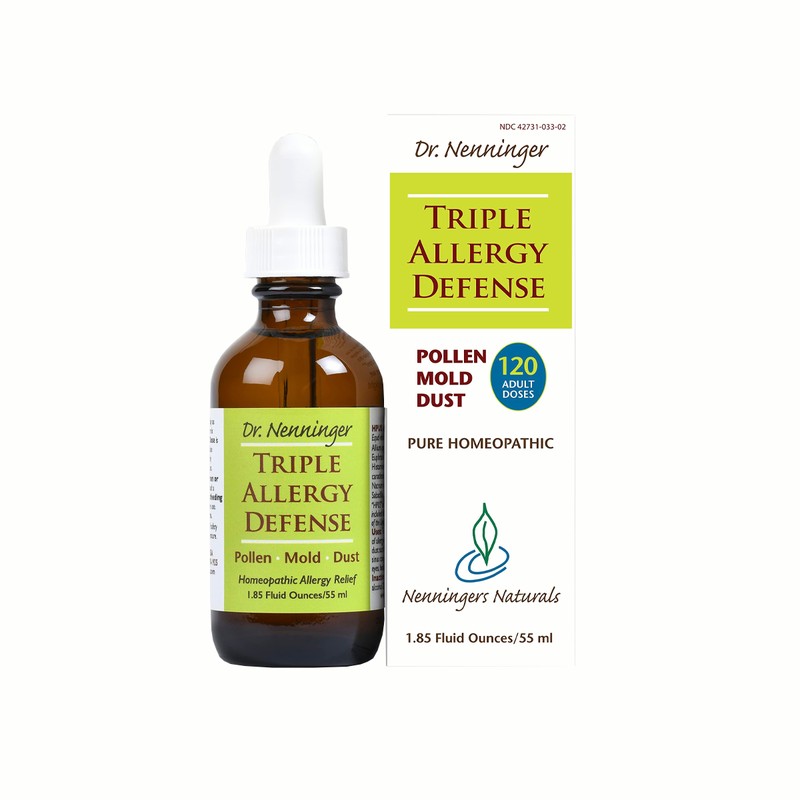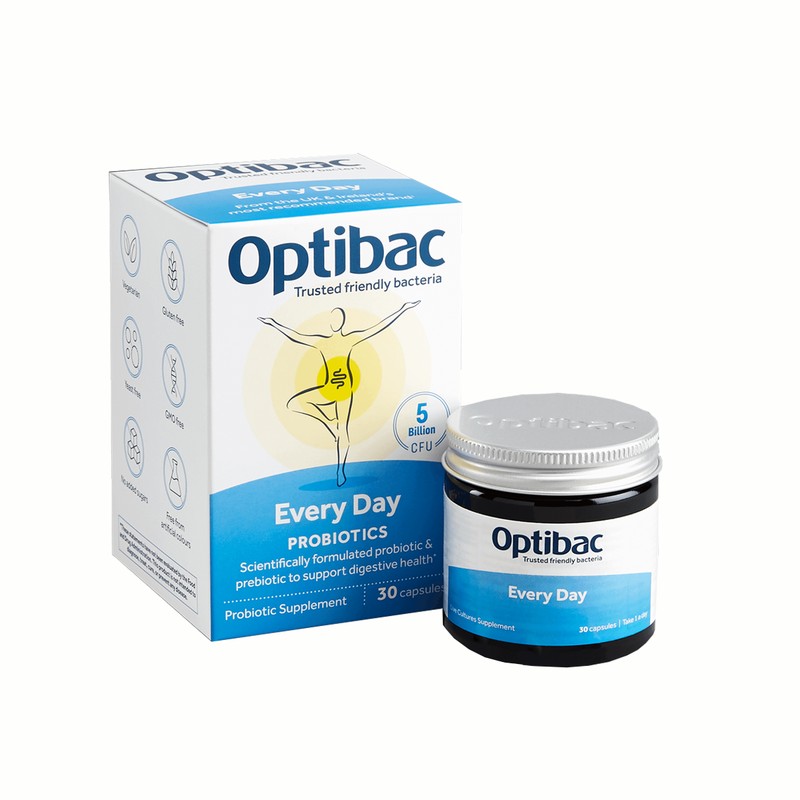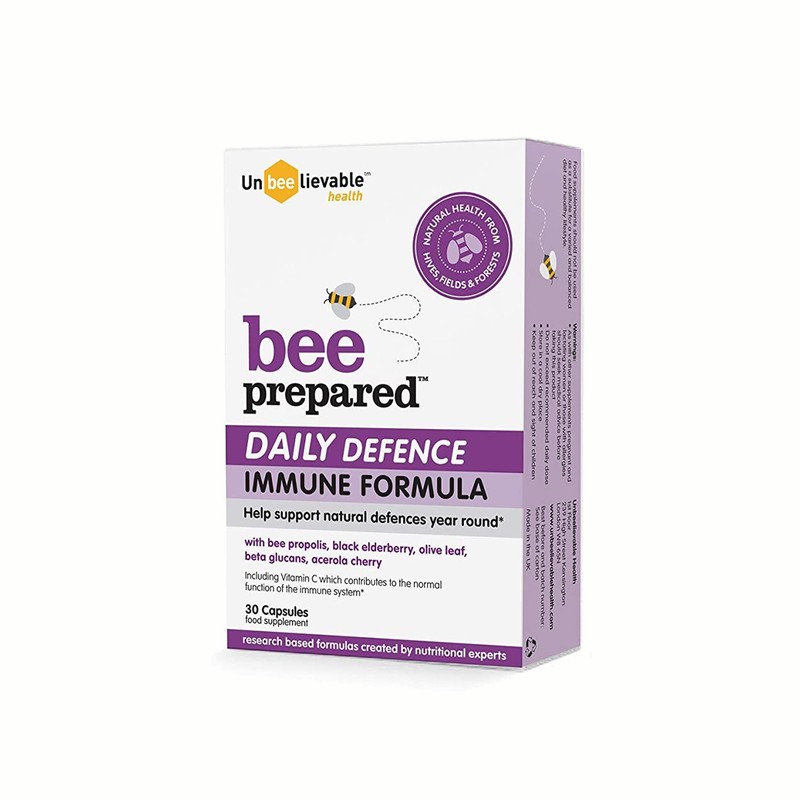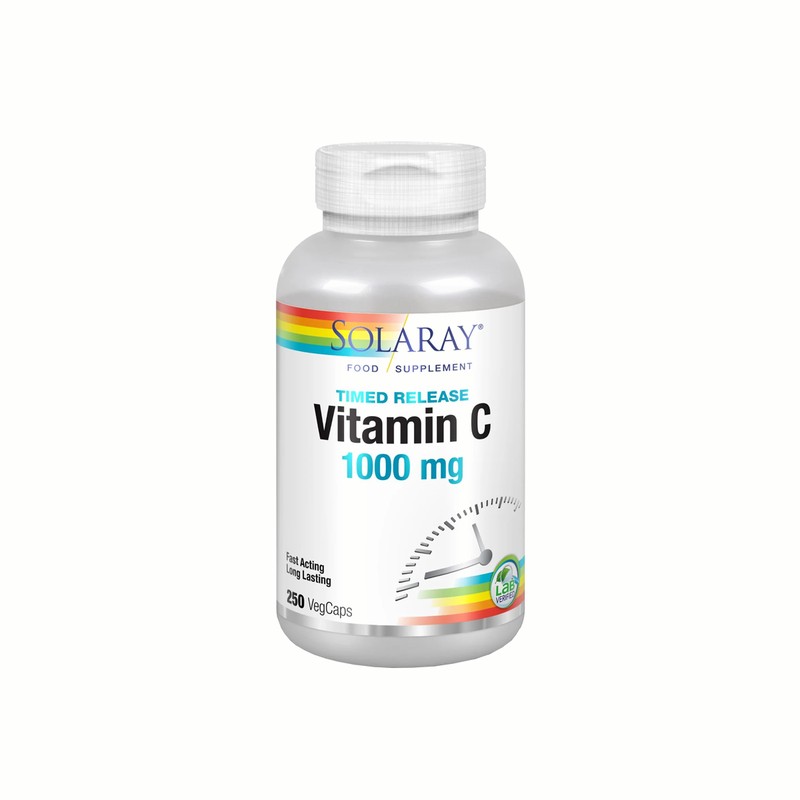How To Get On Top Of Hayfever Now
Get Tested
“In the UK, we’re a nation of hayfever sufferers, with up to 49% of us affected every year. It tends to impact people in the summer months, but it can strike as early as March and go through to September. This is because different types of pollen are in season at different times. Tree pollen tends to come first, followed by grass pollen, the most common allergen that has two peaks, one in late spring and one in early autumn. Weed pollen tends to be most intense during the summer months. If you’re not sure what type of pollen you react to, book in for an allergy test to give you a better understanding. Once you have the results, you can also take ‘cross reactivity’ into consideration, as it can help to avoid certain foods that cross-react with specific allergens. For example, people who react to birch pollen may also react to apples.” – Katy Bradbury, registered nurse & nutritional therapist
Start Acupuncture
“Acupuncture is often associated with pain control, but in the hands of a well-trained practitioner it has a much broader application. Acupuncture stimulates the nervous system to release chemicals in the body that influence your internal regulating system. The improved energy and biochemical balance produced by acupuncture results in stimulating the body’s natural healing abilities. The ideal course of treatment would start in the run-up to pollen season and last for eight weeks – this will build a stronger respiratory system to build up the body’s resources. When pollen season hits, treatment will then work to clear heat and congestion, and reduce any pain and inflammation. The beauty of Chinese medicine is always that it aims to treat the root of the problem, it is not a system of medicine that just treats the symptoms which is what essentially antihistamines do.” – Maeve O’Sullivan, TCM practitioner & co-founder of Escapada
Experiment With A Low-Histamine Diet
“If you are struggling with hayfever symptoms, it means your body has elicited a histamine response. It could therefore be worth following a low-histamine diet when your symptoms are at their worst. High-histamine foods tend to be those that are aged – think wine, coffee, cheese and tinned food. As a rule, eating food that is as fresh as possible will reduce your histamine exposure.” – Katy
Work On Your Gut Health
“If you struggle with hayfever every year and are determined to get rid of your symptoms, prioritise your gut health. The immune system starts in the gut, and our microbiome (the bugs that live in our gut) may help or hinder factors such as hayfever. For example, there are certain foods that can cross react with one another, meaning your body may mistake some compounds from a food you eat with the allergen due to the similarity of the proteins. Other common cross-reactors include grains like wheat and oats – many people benefit from reducing their grain intake over the summer months.” – Katy
Eat Local
“Buying local honey and bee pollen as early in the season as possible can be helpful, as can foraging (safely) for nettles in and around your local area, using them to make nettle tea.” – Katy
Control Stress
“Hayfever strikes when the immune system is overwhelmed by excess allergens. This is made even worse if you’re leading a stressful, busy life, because your immune system is hugely compromised when the body’s stress response is activated. Stress strains the lungs, creating inflammation and heat, which plays havoc on the immune system. Stress also disrupts circulation and creates internal heat in the body, which gets stored in the muscles. The digestive system is also disrupted by stress, which leads to food not being digested properly and a loss of valuable nutrients. The digestive system is already sabotaged by our modern lifestyles – imbalanced diets, late night eating and climate stress – all weakening the very organ that helps us cope with allergies.” – Katie Brindle, TCM practitioner & founder of Hayo’u Method
Load Up On Vitamin C
“Eating foods rich in vitamin C can help support the immune system and bolster your resources ahead of the start of pollen season. There is research to suggest foods like grapefruit, orange, lemons and limes may decrease the severity of hayfever symptoms caused by pollen.” – Sophie Bertrand, registered nutritionist
Eat More Oily Fish
“There is evidence to suggest omega-3 from oily fish such as salmon could improve allergy resistance. The fats found in omega-3 are potent anti-inflammatories, meaning they can help support a healthy, balanced immune system. Ideally, eat two portions of oily fish per week, but if you don’t like fish, consider taking a quality supplement. Look for one that contains EPA and DHA – the two main types of omega-3 – in high quantities.” – Sophie
Cut Back On Dairy
“As hayfever is an inflammatory issue, anything that creates further inflammation and heat in the body is a no-no. Therefore, reducing alcohol, sugar and caffeine will go a long way in reducing symptoms. Dairy can also be hard to digest and can lead to an accumulation of mucus, which can make symptoms worse and more painful. According to Chinese medicine, other foods that can aggravate symptoms include raw fruit, wheat, raw vegetables, tomatoes, nut butters and other high-oil foods, refined sugar, seaweed, chocolate, cold food like ice cream or smoothies, and iced drinks.” – Maeve
Load Up On Herbs
“Adding herbs and spices to the diet is a simple way to increase the immune-boosting properties of your diet. Start with cayenne pepper, which stimulates circulation and stimulates secretions to clear a stuffy nose, making it an excellent immune-boosting food. Cinnamon and clove can also help reduce inflammation, while garlic contains potent compounds that have antiseptic and antioxidant properties. It could also be worth drinking liquorice tea – liquorice root has powerful cortisone-like properties, which means it can help diminish immune responses and inflammation. Stock up on shiitake mushrooms, too, which reduce inflammation and prevent immune cells from sticking to the walls of blood vessels – soak dried mushrooms for a few minutes and then rinse, so you can add to soups and stews.” – Maeve
The supplements the experts recommend starting now…
Oramune Max, $49.99 | Immune Therapy Research Lab
“This potent supplement works to regulate the immune system. It’s helpful for any condition where histamine is elevated, like hayfever.” – Katy
Available at Oramune.com
Vitamin C 1000mg, £1.99 | YourZooki
“Vitamin C can act as an antihistamine. This high-dose liposomal supplement will top up the body’s levels.” – Sophie Trotman, nutritionist
Available at HollandAndBarrett.com
ProBiota HistaminX, £33.76 | Seeking Health
“This is a probiotic that contains specific strains of bacteria to help break down histamine in the gut.” – Katy
Available at SupplementHub.co.uk
Quercetin Complex, £34.99 | BioCare
“A combination of powerful nutrients including quercetin, bromelain and vitamin C for immune and antioxidant support. It also acts as an antihistamine.” – Sophie Trotman
Available at BioCare.co.uk
Triple Allergy Defense, £25 | Dr Nenninger
“This homeopathic formula is adjusted each year to combat the current season’s allergies. Keep this on hand for SOS symptom relief.” – Sophie Trotman
Available at VictoriaHealth.com
Every Day Capsules, £12.99 | OptiBac
“Start taking this probiotic now to reduce the severity of hayfever when summer strikes – remember 70% of our immune system is housed in the gut.” – Sophie Trotman
Available at OptiBacProbiotics.com
Bee Prepared Daily Defence Capsules, £11.99 | Unbeelievable Health
“This research-based formula contains bee propolis, olive leaf, elderberry, olive leaf and beta glucans to strengthen the body’s allergy response. Start taking a couple of months before pollen season and then up to four capsules a day when symptoms start.” – Sally Wisbey, nutritional therapist
Available at HollandAndBarrett.com
Vitamin C 1000mg, £10.99 | Solaray
“Vitamin C is a natural antihistamine and antioxidant, which could help reduce the severity of allergies. This timed-release formula means it can work throughout the day.” – Katy
Available at Solaray.co.uk
For more information visit KatyBradbury.com, EscapadaHealth.com, HayouMethod.com, SophieBertrand.com, SophieTrotmanNutrition.com & UnbeelieveableHealth.co.uk.
DISCLAIMER: Features published by SheerLuxe are not intended to treat, diagnose, cure or prevent any disease. Always seek the advice of your GP or another qualified healthcare provider for any questions you have regarding a medical condition, and before undertaking any diet, exercise or other health-related programme.
DISCLAIMER: We endeavour to always credit the correct original source of every image we use. If you think a credit may be incorrect, please contact us at info@sheerluxe.com.
